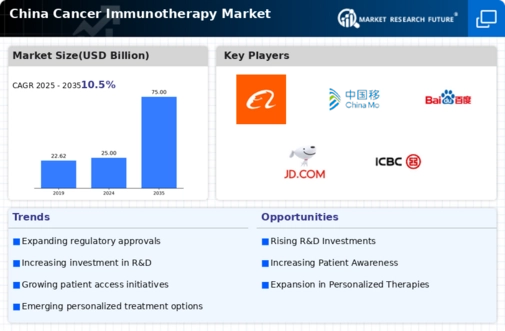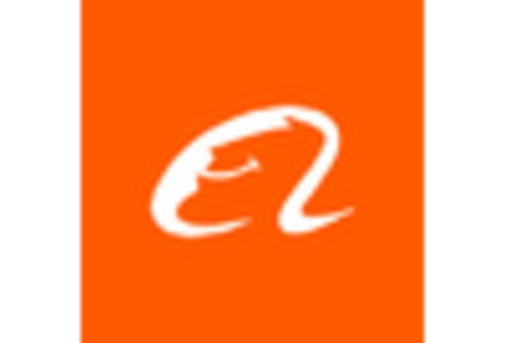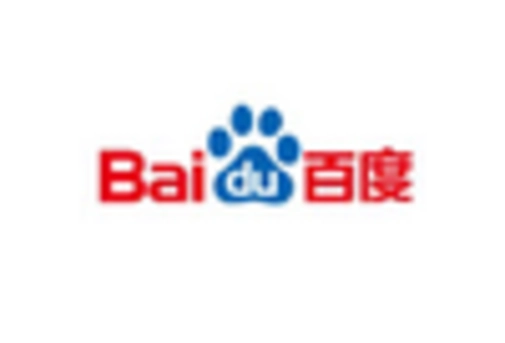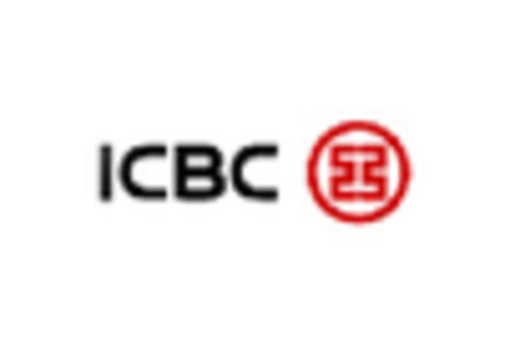In China, the immunotherapy market is developing at an accelerated pace due to a few major market factors. The biotechnology and pharmaceutical industry have received strong attention from the Chinese government which has also pushed for innovative developments in the treatment of cancers. Projects like the Healthy China 2030 plan are focusing investments to not only include general healthcare but also research development in immunotherapy.
This type of support is crucial because it boosts opportunities necessary for the undertaking of new drug clinical tests and their later facilitated purchase and use by medical specialists. Alongside this, the increasing number of cancer cases and patients seeking care in China has boosted the need for effective treatment options which makes is favorable for the existence of a significant market for immunotherapy.
The prospects in the cancer immunotherapy market in China are compelling. In conjunction with the country’s development in precision medicine, ongoing research in personalized medicine and targeted therapies suggests that a major shift towards more tailored approaches is on the horizon. Domestic companies collaborating with global pharmaceutical firms are accessing new technological innovations and therapies, while advances in diagnostic technologies will enhance patients’ stratification as well as treatment outcomes.
Recently, increased focus on cell-based therapies, especially CAR T-cell therapy, is considered a noteworthy trend in the China cancer immunotherapy market due to its remarkable results among patients with hematologica malignancies. Additionally, the NMPA’s approval of new immunotherapeutic agents has widened access to innovative treatments for patients. There is also more focus on the use of immunotherapy in combination with more established modalities such as chemotherapy and other combinations, believed to improve the effectiveness of treatment.
All in all, the trends of cancer immunotherapy in China depict a highly dynamic and responsive market that is striving to address the critical healthcare concerns of its people.


